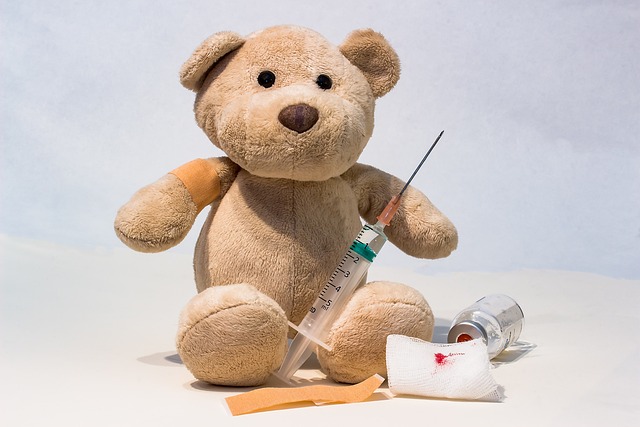Most countries in the developed world tend to recommend the same kind of vaccines for babies and children. However, the immunization schedules may vary from country to country. For example, in the US and Canada, the flu vaccine is recommended for everyone over 6 months old, but in the UK, it is recommended to children, adults over 65, and special groups of people with serious medical conditions. Varicella (chicken pox) vaccines are recommended routinely in the US and Australia, but not in the UK. These variations are the result of differences in the patterns and frequency of the disease in each country.
So what are the recommended vaccinations for babies born in Thailand?
It is important to have your child immunized according to the standard immunisation schedule of the country your child is currently residing in order to provide your child with full protection of the diseases that are prevalent in that country. Foreign babies who are born in Thailand are usually recommended to receive the standard vaccination as determined in the recommended immunization schedule for children in Thailand.

If you have plans to return to your home country in the future, please check the immunization schedule of your home country and consult with a pediatrician to ensure adequate immunization before returning to your home country. Other than for safety reasons, some countries, such as Australia, require children to be fully immunized according to the standard of their country before being eligible for child care benefit and family tax benefit.
You can refer to external links for immunization schedules of various countries. For the United States, click here. For Australia, click here. And for European countries, click here.
And what are the recommended vaccinations for babies and toddlers travelling to live in Thailand and when should they have them?

The recommended vaccination schedule by the Centers for Disease Control and Prevention is the same worldwide with few additional vaccines specific for certain countries. Your pediatrician can provide specific recommendations for Thailand which might include vaccines for Japanese Encephalitis, Typhoid, Yellow Fever, and Rabies depending on your travel and long-term plans. Good points to remember:
- Parents should bring their child’s vaccination record book with them to all appointments.
- Always notify the doctor or nursing staff in charge if your child suffers from any allergies to medication or food, informing them of exactly what it is they are allergic to.
- If your child is suffering from a high fever or any acute illness, vaccinations should be postponed until they are well again.
- Keep your child in the hospital for at least 30 minutes after the vaccination to monitor for any potential reaction to the medication.
Some parents may hesitate due to their child’s fear of needles, while others may not fully grasp the importance of vaccinations. However, understanding the significance of these immunizations, especially the essential ones mandated by the Ministry of Public Health for Thai children, is vital. These vaccinations strengthen immunity against potential life-threatening illnesses. It’s essential for parents to prioritize and attend these appointments as directed by the doctor.
Editor’s Note: This article provides general information for parents and is not a substitute for professional medical advice. Consult your physician for any questions about medical conditions.
For the recommended immunization based on the CDC for travel to Thailand, click here.





